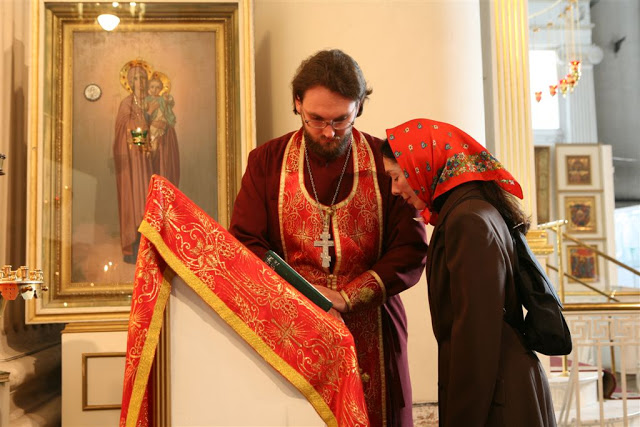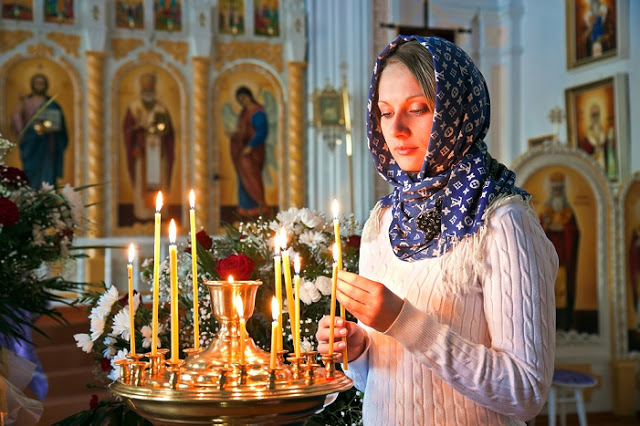
There is a thing called tacit or mental prayer when the praying person, having gathered his mind inside his heart, from there, not audibly, but with a silent word, sends his prayer to God, praising Him and giving thanks, contritely confessing his sins to Him and asking Him for the spiritual and bodily blessings needed.
One must pray not only by word, but also with the mind; and not only with the mind, but also within the heart, so that the mind clearly sees and understands what is pronounced through the word, and the heart feels what the mind is thinking.
All of this as a whole is real prayer. If your prayer is missing any of that, then it is either imperfect or not prayer at all.
Schema-hegumen Khariton (Dunaev)
***
In prayer, one should beware:
1) Games of the imagination. You should not deliberately form in your mind any visual images of those who you are addressing. Use the icons to subdue your imagination.
2) Search for specific states of grace. Deliberate stirring emotions should be avoided.
3) Visions and revelations. They should not be trusted as if they were a priori from God; you should consider yourself unworthy of them.
***
If extraneous thoughts come while reading the prayer rule, you can stop and start reading the same prayer over, already with due attention. You can also time the alarm clock and concentrate on prayers rather than their quantity.
***
The philosopher Ivan Ilyin said that a real prayer, even if it only lasts one minute, bestows a certain undying, glowing ember inside a person’s heart. That ember spreads its radiance through the entire space of the soul and is always ready to flare up again. A person can carry on with his life affairs, eat, drink and sleep, work hard, and indulge in rest assured that the inner light does not leave him. It continues to ignite and illuminate that person’s soul … One can even forget about that light of prayer quietly smoldering in him, but it will still invisibly carry out its great life-giving, cleansing, sanctifying, and healing work.
Translated by The Catalogue of Good Deeds




